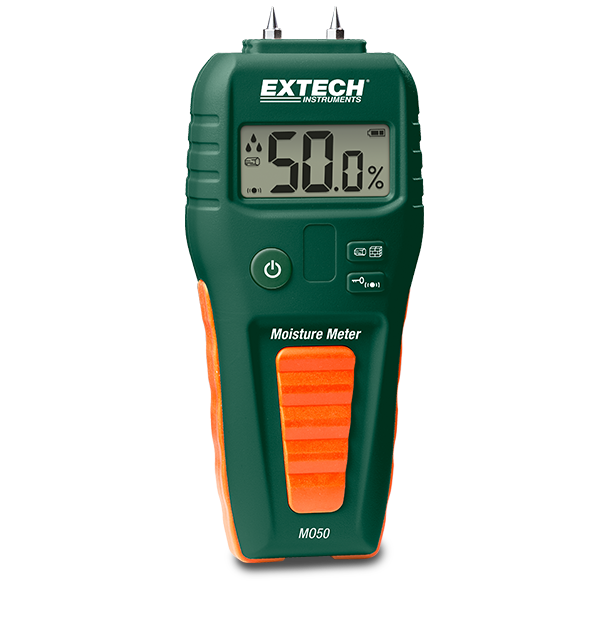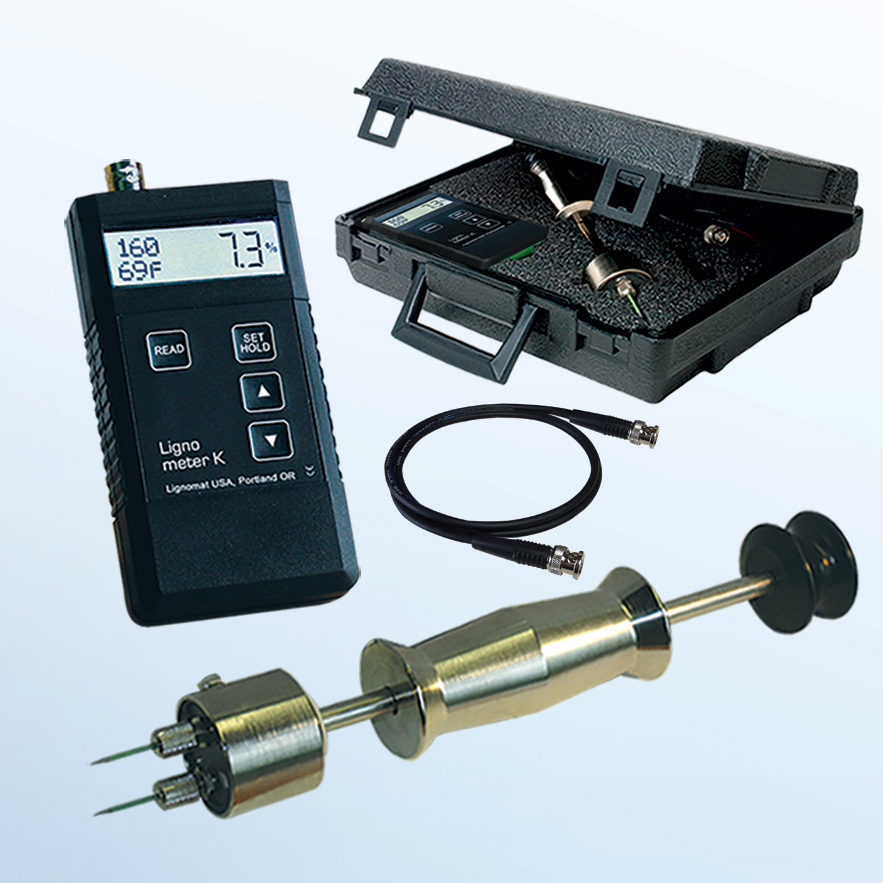The Scientific Research Behind Moisture Meters: Exactly How They Work and Why They're Vital
The Scientific Research Behind Moisture Meters: Exactly How They Work and Why They're Vital
Blog Article
The Ultimate Overview to Wetness Meters: A Comprehensive Overview and Just How They Can Save You Money
Dampness meters offer as crucial tools in detecting and keeping track of moisture content in products, helping in protecting against expensive problems and making certain the top quality of items. Comprehending the subtleties of various kinds of dampness meters, their applications, and the potential cost-saving advantages they provide can be a game-changer for professionals and organizations alike.
Kinds Of Dampness Meters
One common type is the pin-type moisture meter, which measures the electrical resistance between 2 pins placed right into a material. Pinless moisture meters, on the other hand, usage electro-magnetic sensor plates to scan a bigger area without triggering damages to the product's surface.

Infrared wetness meters measure the thermal homes of a product to identify its wetness web content non-invasively, making them helpful for applications where pin or pinless meters might not be ideal. Recognizing the various types of moisture meters readily available can help markets select the most suitable tool for their certain moisture measurement demands.

Benefits of Utilizing Dampness Meters
Wetness meters supply indispensable advantages in properly analyzing and checking wetness levels in diverse materials and environments (Moisture Meter). One of the key advantages of making use of moisture meters is the avoidance of potential damage triggered by excess wetness. By identifying and resolving high moisture levels at an early stage, moisture meters aid to avoid mold growth, rot, and architectural damages in structures, saving both money and time on repair services. Furthermore, dampness meters aid in guaranteeing the top quality of materials during construction or manufacturing procedures. By accurately determining wetness material, these tools help maintain the honesty of wood, drywall, concrete, and various other materials, lowering the threat of problems or failings.
Moreover, utilizing dampness meters can lead to raised power effectiveness. By recognizing locations with high moisture levels, such as leaks or bad insulation, modifications can be made to enhance power preservation and reduce utility prices. In farming settings, moisture meters play an important role in enhancing plant returns by allowing farmers to monitor dirt moisture levels and make notified irrigation choices. On the whole, the advantages of making use of moisture meters span across various sectors, giving cost-efficient services and advertising far better quality assurance methods.
Exactly How to Choose the Right Dampness Meter
When picking a wetness meter, he has a good point it's crucial to make certain that the meter is appropriate for the details material you will be screening. Different materials have varying electric properties that can influence dampness readings, so picking a meter created for your material is critical for precise results. By thoroughly assessing these variables, you can pick a moisture meter that meets your demands and provides accurate wetness dimensions for your tasks.
Appropriate Methods for Moisture Meter Use

Expense Savings Through Moisture Meter Applications
How can the strategic usage of moisture meters lead to considerable price savings throughout various markets? In the agriculture industry, dampness meters aid in figuring out the optimal time for collecting plants, stopping over-drying or excess dampness that can influence the final item's high quality.
Likewise, in building and construction, moisture meters aid stop pricey damages by discovering wetness find more degrees in building materials, such as timber or concrete, which can lead to structural concerns otherwise resolved without delay. By identifying problem areas beforehand, professionals can take corrective procedures to stay clear of comprehensive repairs or replacements, inevitably saving money and time.
Moreover, in the food handling industry, dampness meters are important for checking product high quality and ensuring compliance with security guidelines. By properly gauging dampness material in foodstuff, manufacturers can protect against wasting, keep freshness, and lower waste, causing substantial expense financial savings. On the whole, the tactical application of wetness meters is a valuable financial investment that can bring about significant expense decreases and boosted efficiency across different sectors.
Verdict
In conclusion, dampness meters are important tools for finding and measuring dampness levels in various materials. By making use of the appropriate wetness meter and adhering to correct strategies, customers can efficiently avoid expensive damages triggered by excess wetness. Investing in a top quality dampness meter can bring about significant cost financial savings in the long run by identifying possible problems early and allowing prompt remediation. Inevitably, moisture meters are vital tools for keeping the stability and long life of frameworks and products.
Dampness meters serve as indispensable devices in identifying and checking moisture web content in click over here products, aiding in avoiding pricey damages and guaranteeing the top quality of products. Infrared wetness meters determine the thermal residential or commercial properties of a material to establish its dampness material non-invasively, making them beneficial for applications where pin or pinless meters may not be suitable.Moisture meters provide important benefits in properly analyzing and monitoring wetness levels in diverse materials and settings. In farming settings, dampness meters play an important function in enhancing crop yields by allowing farmers to monitor soil moisture degrees and make notified watering choices.In final thought, moisture meters are useful devices for spotting and determining wetness levels in numerous materials.
Report this page